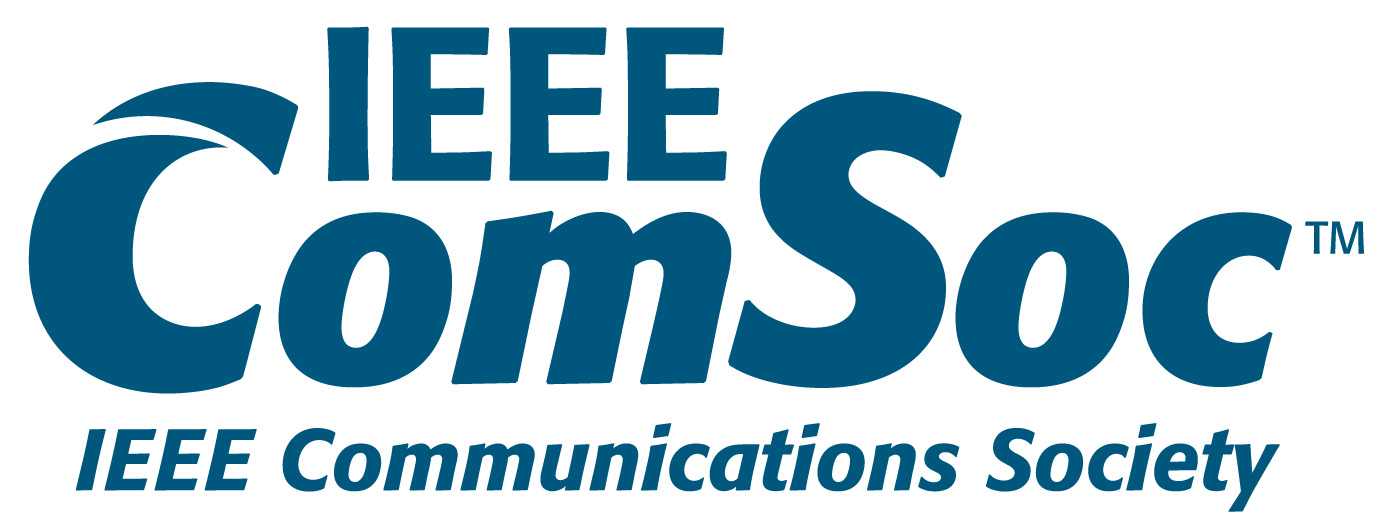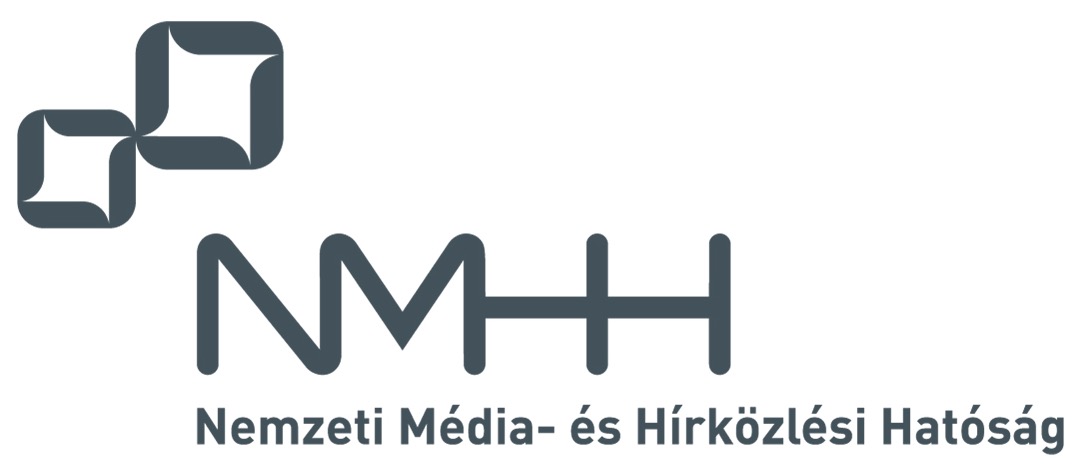2012. 2nd issue
Full issue  (32 MB)
(32 MB)
PAPERS
A. Faragó
Analysis and Modeling of Very Large Network Topologies 
We consider the issue of modeling huge, random network topologies that are too large to capture in full details. Such enormous, hard-to-describe network topologies are becoming ubiquitous in numerous settings. The Internet and its logical overlay networks, such as the World Wide Web, as well as online social networks, are well known examples. At the same time, extensive and rapidly growing wireless ad hoc and sensor networks also lead to hard topology modeling questions. In the current paper we primarily focus on large, random wireless networks.We provide a common generalization of various models that covers a number of known models as special cases. We also demonstrate that such a higher level abstraction, despite its very general nature, can still be meaningfully analyzed, and offers quite useful and unique help in solving certain hard networking problems.
I. Glaropoulos and V. Fodor
Discrete Stochastic Optimization Based Parameter Estimation for Modeling Partially Observed WLAN Spectrum Activity 
Modeling and parameter estimation of spectrum usage in the ISM band would allow the competing networking technologies to adjust their medium access control accordingly, leading to the more efficient use of the shared spectrum. In this paper we address the problem of WLAN spectrum activity model parameter estimation. We propose a solution based on discrete stochastic optimization, that allows accurate spectrum activity modeling and can be implemented even in wireless sensor nodes with limited computational and energy resources.
O. Dobrijevic and M. Matijasevic
Extending QoS Support in the IP Multimedia Subsystem: Mobility-aware Session Reconfiguration 
This paper presents an approach to controlling service continuity and quality of service (QoS) in the 3rd Generation Partnership Project (3GPP) IP multimedia subsystem (IMS). The approach extends existing support to manage QoS by dynamically producing multimedia session configurations with respect to different mobility types, which is referred to as mobility-aware session reconfiguration.We first give a state-of-theart overview regarding IMS support for service continuity and QoS management. Then, we propose to enhance QoS support in IMS by introducing a Session Initiation Protocol (SIP) application server that is responsible for (1) generating QoS specifications which conform to the mobility-induced constraints and (2) reconfiguration decision-making. Moreover, we describe several SIP signaling procedures which enable the session reconfiguration, and demonstrate the application of our approach in an IMS laboratory prototype, which also serves for a performance evaluation of the solution.
DESIGN STUDIES
G. Lencse and G. Takács
Performance Analysis of DNS64 and NAT64 Solutions 
The need for DNS64 and NAT64 solutions is introduced and their operation is presented. A test environment for the performance analysis of DNS64 and NAT64 implementa-tions is described. The resource requirements of the implementa-tions are measured. The performance of DNS64 and NAT64 solutions is measured under heavy load conditions to determine if they are safe to be used in a production environment, like the network of an internet service provider.
A. Lukács and Zs. Nagy
Dynamic Log Analysis 
This article reviews a new log analysis solution based on multidimensional data cubes. It introduces the process of dynamic log analysis, including real-time log compression during the log management, a new log parsing language, and the efficient regular expression processing engine for this language. The article assesses the new online analytic processing (OLAP) tool implemented for log analysis. The algorithm and software technology developments appearing in the resulting system are creating a new class of real time log processing and analysis tools.




